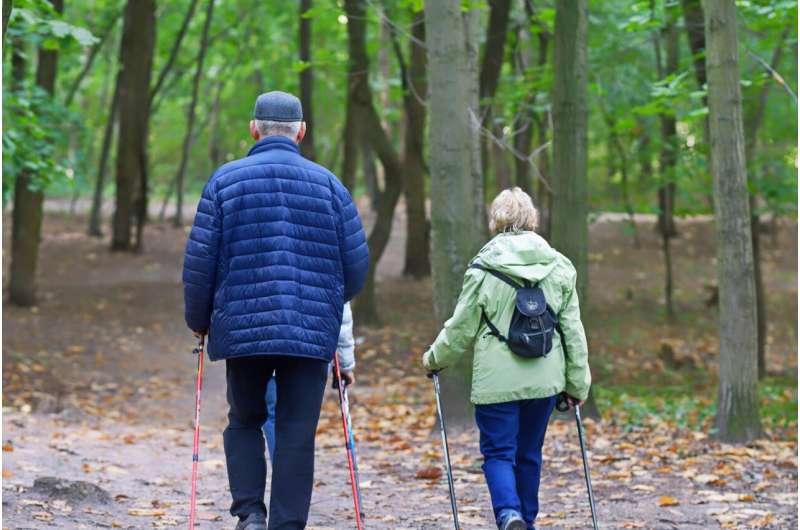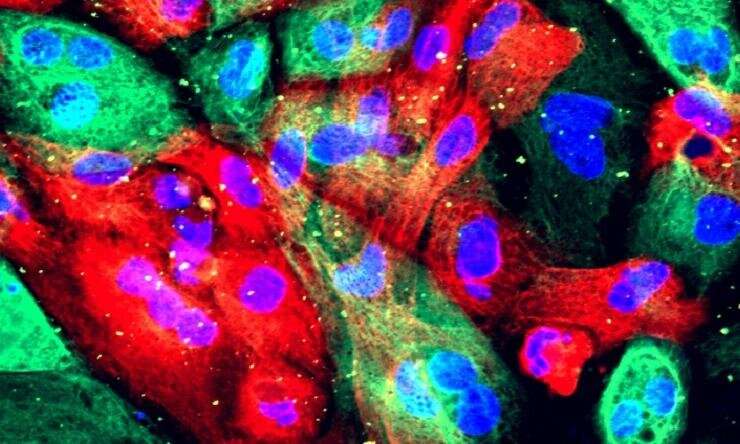Brain Stimulation Combined with Coaching Boosts Physical Activity in Older Adults

A groundbreaking study reveals that combining brain stimulation with coaching significantly increases daily steps in older adults, offering a new avenue for promoting healthy aging. The approach shows promise for sustaining physical activity and improving motivation among seniors.
A recent study published in The Journals of Gerontology: Series A highlights the effectiveness of integrating brain stimulation with personalized coaching to significantly increase daily physical activity among older adults. This innovative approach demonstrated that participants who received transcranial direct current stimulation (tDCS) alongside behavioral coaching more than doubled their daily step count compared to those who only received coaching. Notably, the heightened activity levels persisted for at least three months after the intervention concluded.
The study involved a randomized trial where inactive seniors in subsidized housing groups participated in 10 sessions of brief, 20-minute brain stimulation sessions targeting the left dorsolateral prefrontal cortex, a brain area associated with motivation and planning. This was coupled with a two-month personalized coaching program that included regular phone check-ins, personalized step goals, and practical suggestions like marching during TV commercials or walking with friends.
Participants tracked their steps daily with Fitbit devices, and adherence was remarkably high: 97% of tDCS sessions and 93% of coaching sessions were completed. The behavioral changes not only increased physical activity but also improved participants’ motivation and confidence in walking.
This study underscores the potential of noninvasive brain stimulation in supporting real-world health behaviors, especially in underserved communities where access to ongoing health interventions can be limited. As Dr. On-Yee Lo from Hebrew SeniorLife emphasizes, the program’s delivery within participants’ living environments minimizes barriers and offers a scalable model for community-based health initiatives.
While further large-scale research is needed, these findings provide promising evidence that short-term brain stimulation, when paired with accessible behavioral coaching, can foster sustainable health behavior changes in older adults, ultimately aiding in the prevention of inactivity-related decline.
Source: MedicalXpress
Stay Updated with Mia's Feed
Get the latest health & wellness insights delivered straight to your inbox.
Related Articles
Rethinking Treatment Strategies for Diabetes and Hypertension in Frail Elderly Patients
Overly aggressive management of diabetes and hypertension in frail older adults can cause more harm than good. Experts call for personalized, evidence-based treatment to prevent preventable complications and improve patient safety.
LGBTQ+ Inclusive Policies Boost Mpox Vaccination Rates Across U.S. States
A study reveals that states with stronger LGBTQ+ protections in the US saw significantly higher mpox vaccination rates during the 2022–2023 outbreak, highlighting the importance of inclusive policies in public health.
Passive News Consumption Among Young Men Increases Susceptibility to Medical Misinformation
A study reveals that passive news consumption among young men significantly correlates with a higher belief in medical misinformation, highlighting the need for targeted media literacy education.
Reevaluating Low-Grade Prostate Cancers: Higher Risks Than Biopsy Results Indicate
New research indicates that some low-grade prostate cancers may pose higher risks than biopsy results suggest, urging a more comprehensive approach to diagnosis and treatment planning.



